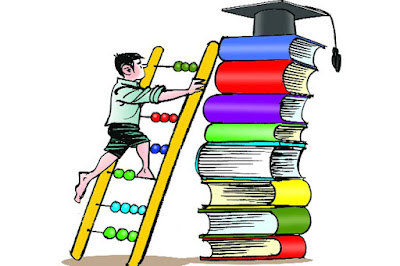India versus Bharat

This post is a reaction to Aatish Taseer's evocative obituary of secular India in the Atlantic ( read here ). While I agree with it mostly - and share the reservations about the direction and the future of India - I differ with the author on one key aspect: I do not agree with his portrayal of a resurgent Bharat eating up a secular India. In fact, I believe while Mr Taseer regrets the Indian elite's loss of connection with the realities of day to day life of the country, his very presentation of Bharat and India as oppositional entities stems from that incomprehension. While I understand that he is only using these categories as RSS uses them - to effectively other the English-speaking elites and non-Hindus - I believe it is a mistake to describe the profound changes in contemporary India as the ascendance of Bharat. I grew up in Bharat. I never learnt English until late in life, when I started working. My growing-up world was one of small-town India, v...



